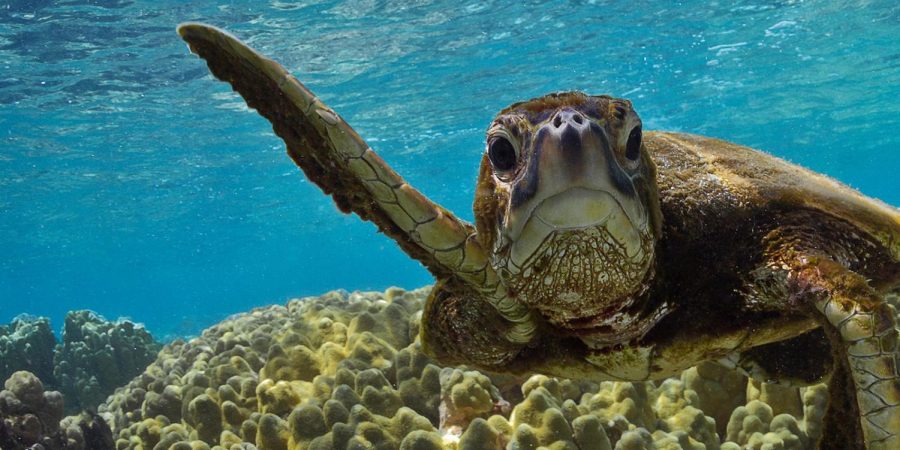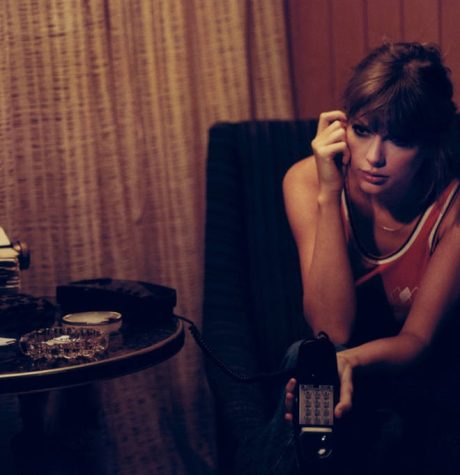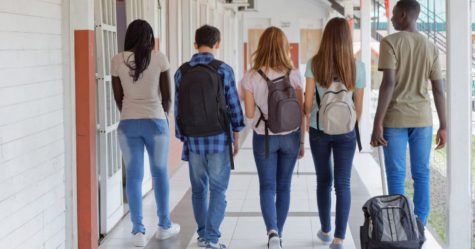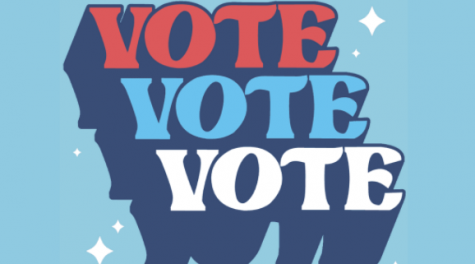Want to Save the Turtles? It’s Beyond Straws
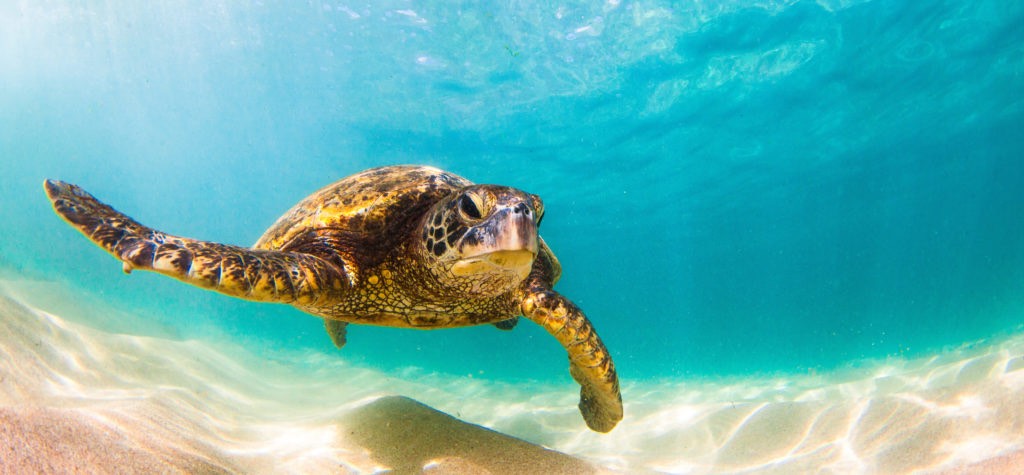 At some point in the past few months, you’ve probably noticed the rise of environmental awareness among young people. Whether it be the Nitro lid at Starbucks or reusable metal straws, this trendy ecological consciousness seems inescapable. With the rise of social media platforms like TikTok and VSCO, going green and “saving the turtles” has been popularized and oversimplified in return for likes and attention. While these adjustments are inherently quite positive, viewing them as revolutionary or world-saving is misguided and privileged.
At some point in the past few months, you’ve probably noticed the rise of environmental awareness among young people. Whether it be the Nitro lid at Starbucks or reusable metal straws, this trendy ecological consciousness seems inescapable. With the rise of social media platforms like TikTok and VSCO, going green and “saving the turtles” has been popularized and oversimplified in return for likes and attention. While these adjustments are inherently quite positive, viewing them as revolutionary or world-saving is misguided and privileged.
Although all forms of plastic contribute to plastic waste and pollution, there are more guilty offenders of noticeable pollution than plastic straws and other drink lids. In an article by TreeHugger.com, 31.14% of pollution in the environment by unit count can be sourced from plastic food wrappers and containers. The more sustainable option in this scenario is purchasing foods in reusable bags and containers, yet access to such luxuries is unattainable for many. Foods that are found in reusable bags and containers are most frequently healthy foods that are sold within high-end grocery stores, whose availability is largely dependent on demographics. Through research done by Harvard School of Public Health (HSPH), it was found that the most healthy diets cost about $1.50 more than less healthy diets. These less healthy, but inexpensive food options are often packaged in plastic containers for cost efficiency. With such information in mind, it can be seen how the assumption that sustainable changes are accessible to everyone in terms of cost is quite ignorant. In 2017, the poverty rate in the United States was reported to be at 12.7% and has not drastically changed since. With about 40.6 million people in the U.S. living in poverty, the idea that plastic straws should be banned outright is quite a privileged stance to hold and equally apply to everyone.
In addition to cost inefficiency for many people, going green at the surface level also excludes those who are disabled and need straws to drink. When companies like Starbucks decide to phase out single-use plastic, they are ignoring an essential part of their market and implying that their well-being is inconsequential in comparison to the environmental movement. In an article titled “The Last Straw” for Eater.com, author Alice Wong explains the marginalizing effects of this new plastic revolt on the disabled community.
“It’s as if people who rely on straws – older adults, children, and disabled people – don’t matter and that our needs are less important than the environment.” she declares. “I feel erased by these attitudes.”
These ableist attitudes and policies being pushed by corporations and social media reflect a greater issue of accessibility and privilege in the modern world we live in. Additionally, children and older generations are also affected by this plastic straw ban. With children, the elderly, and disabled people all being equally important parts of society to any other person, shouldn’t we be considering their viewpoints when discussing environmental consciousness?
The apparent erasure of marginalized people within the ecological consciousness movement, however, does not come from a place of malice. New cries of environmental justice most frequently come from an increased societal awareness for the preciousness of our Earth and our ability to control the world we live in. To properly assess our environmental conditions and make positive changes to benefit us all, positive changes and the needs of marginalized people must be considered on an equal playing field. When we genuinely appreciate the world we have and make changes to benefit the Earth, we’ll be able to save the turtles and the people.

Emily Vero is currently a senior at Mohawk Jr./Sr. High School. As a passionate writer, she has been working on The Arrow since her junior high years....
